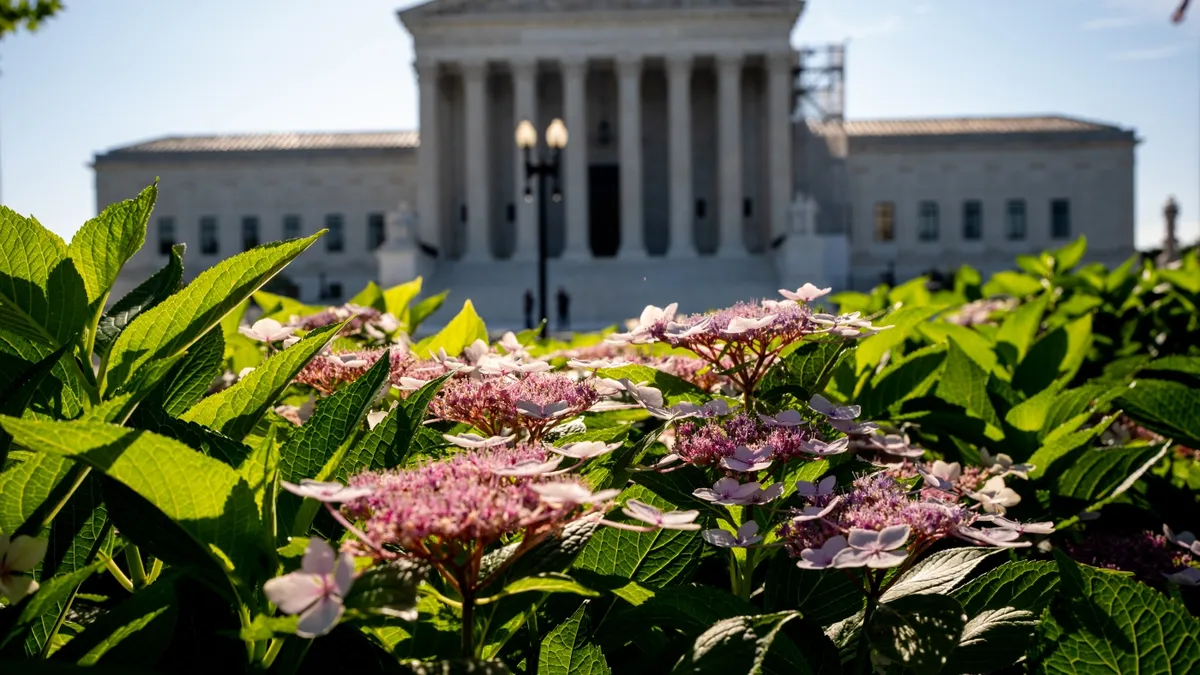
The Supreme Court is set to hear arguments on Wednesday regarding a pivotal case that, while not directly about abortion, has significant implications for access to reproductive health services. The case focuses on the ability of states, specifically South Carolina, to exclude Planned Parenthood clinics from their Medicaid programs, despite the fact that Medicaid funds cannot typically be used for abortion services. This legal battle could impact the availability of essential medical care for low-income patients relying on Medicaid.
Planned Parenthood South Atlantic has been operating two clinics in South Carolina that provide crucial medical services to low-income individuals through Medicaid. These clinics offer a range of essential healthcare services, including physical exams, cancer screenings, and screenings for chronic conditions such as diabetes, anemia, high cholesterol, and high blood pressure. Additionally, they cater to low-income patients by offering flexible hours, same-day appointments, and comprehensive contraception care, all in one visit. Interpreter services are also available to ensure that all patients receive the necessary care.
In 2018, the Republican governor of South Carolina issued executive orders to terminate Planned Parenthood's participation in the state's Medicaid program, citing the organization’s provision of abortion services, which are funded separately from Medicaid. This decision posed a serious challenge for many low-income residents who depend on Planned Parenthood for their healthcare needs, especially in a state that faces a significant shortage of primary care providers. The clinics, operating on narrow financial margins, were at risk of closing their doors entirely.
In response, Planned Parenthood filed a legal challenge against their removal from the Medicaid roster, ultimately achieving victories in lower courts. These courts consistently ruled that the federal Medicaid law mandates patients' rights to seek care from any qualified provider, including Planned Parenthood South Atlantic. Attorney Nicole Saharsky, representing Planned Parenthood, emphasized that the law has historically allowed patients insured through Medicaid to choose qualified providers without state interference.
During the upcoming Supreme Court hearing, the central issue will not be whether Planned Parenthood can be excluded from South Carolina's Medicaid system, but rather the extent of patients’ and providers’ rights under the Medicaid statute. Specifically, the court will examine whether Planned Parenthood qualifies as a provider under Medicaid law and what recourse exists for both the organization and its patients if they are denied access to essential medical services.
Attorney John Bursch, representing South Carolina, argues that federal regulations allow states to disqualify providers for any reason. He asserts that the state’s objection stems from a desire to prevent taxpayer dollars from funding organizations that provide abortion services. Bursch contends that the terms "free choice" and "provider" used in the context of Medicaid law are misleading, as they do not appear in the statute itself.
As the Supreme Court prepares to rule on this case, the stakes are high. If the court decides in favor of South Carolina, allowing the state to exclude Planned Parenthood from its Medicaid program, it could set a precedent for other states to follow suit. This would potentially leave Medicaid patients with significantly fewer options for accessing necessary healthcare services.
In conclusion, the upcoming Supreme Court decision will not only impact Planned Parenthood and its patients in South Carolina but may also reverberate across the nation, affecting the rights of Medicaid patients to receive care from qualified providers. The outcome could reshape the landscape of healthcare access for low-income individuals and those in need of reproductive health services.